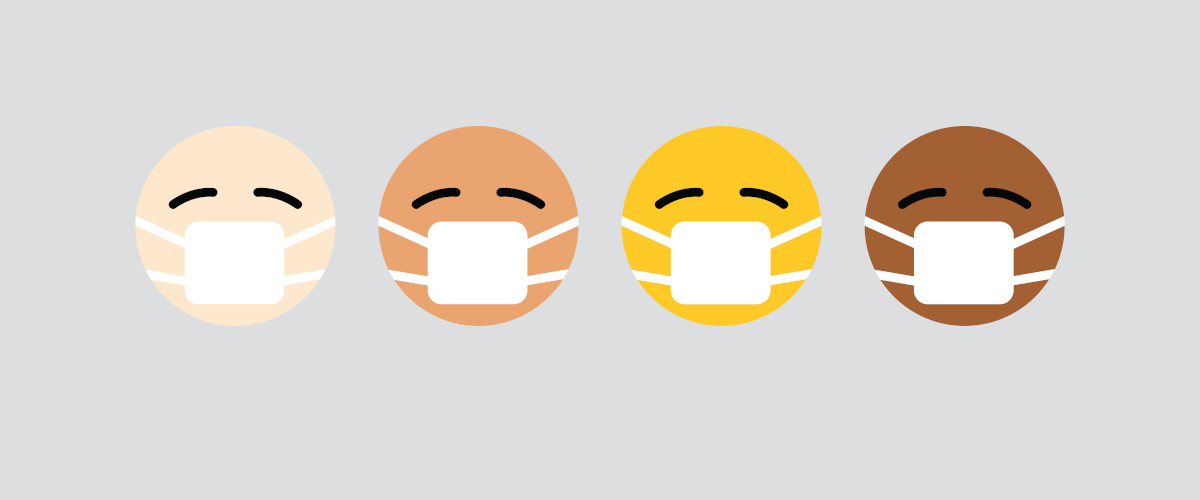By Egline Jeptoo.
On 31st March 2022, KICTANet hosted a roundtable meeting on sustainable internet using emerging technologies, themed “Building ICTs Better in a Post-COVID-19 Era.” One of the objectives of the meeting was to amplify the understanding and engagement on the issues, challenges, effects and impact of COVID-19 on Kenya’s ICT Sector. We also sought to review the progress and priority actions, measures and best practices to promote the development of the ICT sector post-COVID-19.
We hosted a great team of experts to help examine and provide better recommendations for building better ICT in the post-Covid-19 era. Among them were:
- Mercy Wanjau, Director of legal services Communication Authority of Kenya and Chairperson, ICT Advisory Committee on COVID-19
- Dr. Martha Suarez, Dynamic Spectrum Alliance
- Ali Hussein, Executive Board member, Africa Fintech Network,
- Victor Kapiyo, researcher and human rights defender
- Charles Juma, United Kingdom’s Digital Access Program.
- Barrack Otieno, Moderator
- Mwendwa Kivuva, Tech practitioner
The meeting was attended by over 54 participants from different sectors like government agencies, the private sector, the technical community, professional associations, industry bodies, academia, civil society, Digital Access Program partners, and members of the KICTANet Community.
State of ICT Sector During the Covid-19 Pandemic.
Mercy Wanjau took us back to when the COVID-19 pandemic first hit Kenya where there was a lot of uncertainty and ambiguity. Government agencies shifted their services online, organizations opted for remote working to keep social distancing, schools closed and learning shifted to online models. Also, courts shifted their activities online and events and conferences became virtual. Dr Martha Suarez indicated that were different reactions to the pandemic in Kenya and globally.
As a result, many Kenyans sought internet connections and digital devices to conduct daily activities and interactions. According to Communication Authority Kenya reports, as of 30th June 2020, mobile subscriptions stood at 57.0 million, an increase of 3.3 per cent from 55.2 million subscriptions registered in the previous quarter. Also, total broadband subscriptions stood at 22.6 million from 22.3 million subscriptions posted by end of 2021.
Regulatory bodies took different measures during the COVID-19 pandemic. Mercy Wanjua highlighted the solutions the Communication Authority of Kenya did as a regulatory agency to enhance the ICT sector. “We ordered a directive for TV and Radio to offer school programs and issue public announcements.” She also lauded the fact that there was no internet outage in the country during that period.
Ali Hussein indicated that the COVID-19 pandemic led to the rise of fintechs and e-commerce platforms in Kenya, which was a great success. However, “besides the success being witnessed in Kenya, challenges remain being lack of connectivity in marginalised areas, poor network, and high cost among the less fortunate leaving a huge segment of the population secluded.”
Recommendations to Build Back Better ICT Post COVID-19.
The roundtable discussion showed that the COVID-19 pandemic transformed how we interacted and worked leading to a surge and demand for the internet and digital devices. The internet was an enabler but showed a vast digital divide.
Dr. Martha Suarez noted that people who had access to stable internet during the pandemic were better off social-economically than those not connected. She emphasized the need to have universal and accessible internet such as Wi-Fi networks at the grassroots level in the post-pandemic era.
Here are some of the recommendations mentioned during the meeting by the panellists to ensure we build back better ICT in Kenya post-Covid-19:
- Community Networks can help schools and community centres at the village levels stay connected.
- Meaningful universal and affordable internet and digital access are needed to foster ICT growth in Kenya
- With the growth of digital platforms online, it’s time to rethink internet and mobile data costs.
- Wi-Fi is critical in building back better in a post- COVID-19 world. By 2025, the global economic value for Wi-Fi is expected to reach $4.9tn.
- We need to improve the legal and regulatory landscape in the country.
- Stakeholders need to figure out a way to work together to come up with policy frameworks that touch on the legislation of the internet
Egline Samoei, a KeSIG 2020 fellow is a digital marketer, a technology writer, and the founder of Samodigital Agency.
![]()




